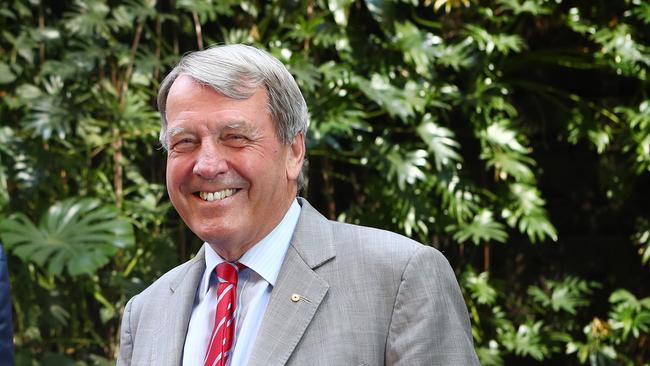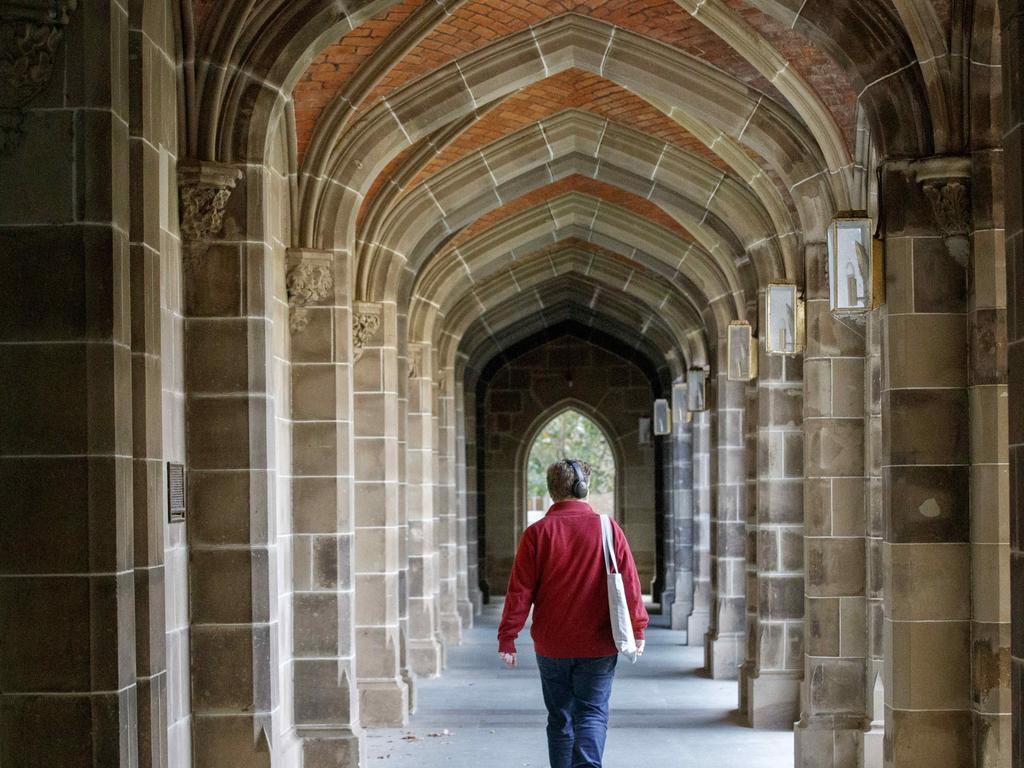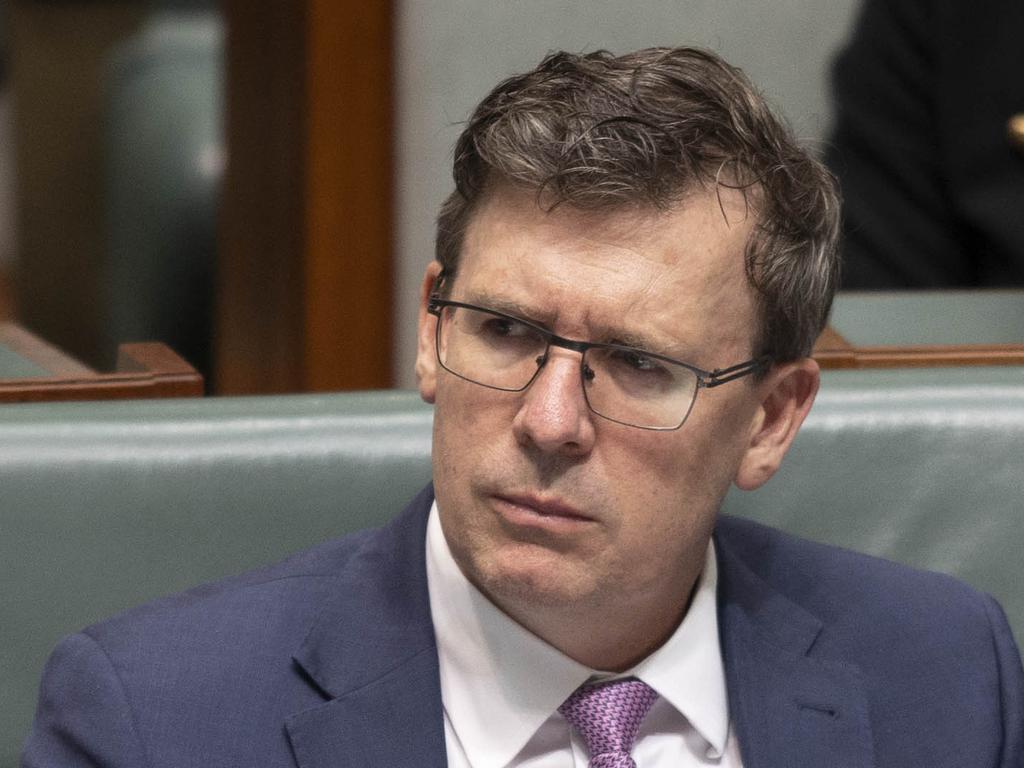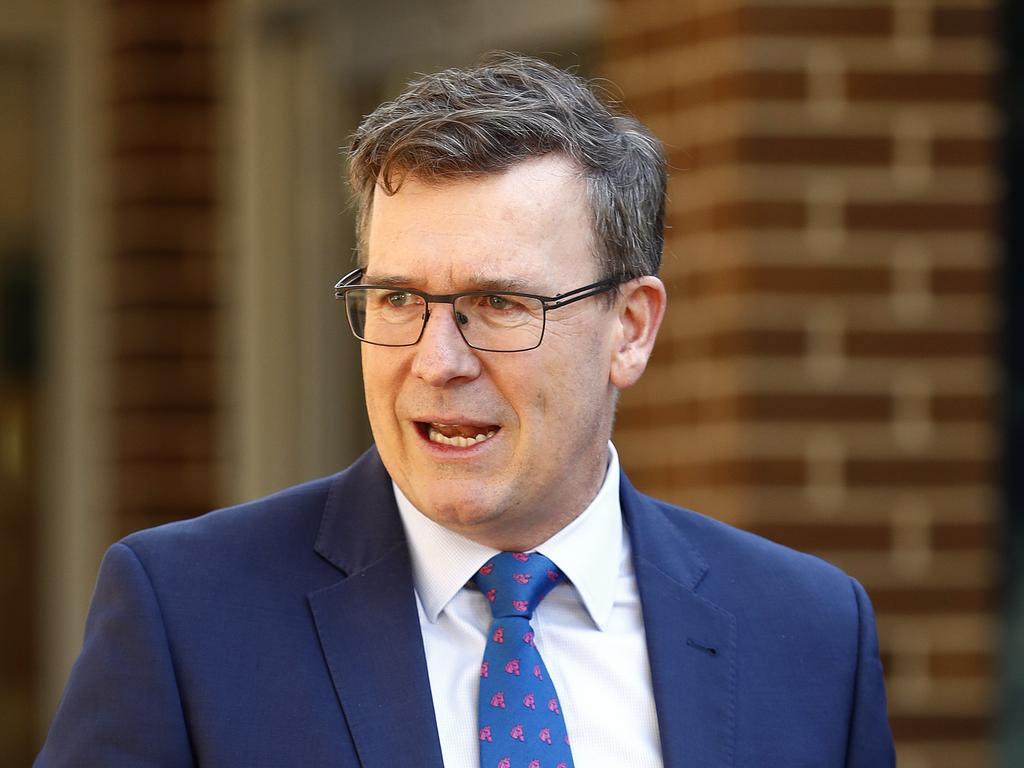Secret review fails to calm university board tensions
The review rejected a push by chancellors for board seats on the higher education peak body which is run by vice-chancellors.

A secret review has failed to resolve a power struggle at the top of Australia’s universities after it rejected a push by university chancellors for board seats on the higher education peak body which is run by vice-chancellors.
The review of Universities Australia, kept under wraps since it was completed in February, instead recommended that university chancellors be limited to a consultative role in the group, even though it acknowledged UA “would be strengthened” if they had greater input.
The review, obtained by The Australian, was commissioned by UA last year under pressure from chancellors who pushed for reform of the vice-chancellor run peak body. They were frustrated at universities’ lack of influence with government and resistance by most vice-chancellors to the federal government’s freedom of speech push.
The review says it “carefully considered suggestions that the UA board should include one or more serving chancellors”.
“Ultimately, we reached the conclusion that chancellors could and should be effectively engaged with the peak body in other ways,” said the review, by consulting firm PhillipsKPA.
Flinders University chancellor Stephen Gerlach, who chairs the University Chancellors Council, said on Tuesday that his group had not yet had its concerns about UA satisfied.
“The UCC has had a look at the review and is in the throes of arranging to have a meeting with UA to discuss it. We have made clear our concerns, and we still have those concerns, and we look forward to those discussions,” he said.

Although the review rejected the chancellors’ bid for board power, it did recommend sweeping changes to the organisation.
It said UA had experienced challenges “in undertaking the sort of sophisticated, forward-looking policy development and advocacy work that would position the peak body most strongly with government”.
While it said that UA’s policy analysis capabilities were “well-developed” it was critical of the organisation’s ability to influence policy makers and questioned whether it could lead public debate.
“Much of this work is responsive, however, or undertaken at the invitation of others, which tends to mean that UA is more involved in responding/reacting to policy rather than in initiating or leading the debate,” the review said.
Overall, it said that UA needed to make a “step change” across its “structures and approaches if it is to address current areas of concern and realise its full potential as the peak body for the Australian university sector”.
The UA board, led by La Trobe University vice-chancellor John Dewar, has yet to decide what action to take on the review. Professor Dewar told The Australian last week that UA would consult with university vice-chancellors over the next two months before deciding. “We believe it’s important that all members have input,” he said.
The current UA board is composed of vice-chancellors as well as UA chief executive Catriona Jackson. The review recommends that the board be chaired by an outsider of high standing who understands the university sector, but has no current affiliation or appointment at any university.
While the review recommended against appointing chancellors to the UA board, it did recommend that one or two external directors with special expertise — such as in international education, or political and policy advocacy — be able to join the board.
Aside from the chancellors, some of UA’s harshest critics have been vice-chancellors who were frustrated with what they saw as the group’s lack of cut through on issues, and other organisations in the university sector.
The review called on UA to pay more attention to its communication with its university members, relationship building with new university leaders, and monitoring of member satisfaction.
The review also recommends that, under a reconfigured structure for UA, the chief executive role should be strengthened so they can speak more authoritatively for the organisation and take the lead in managing relationships with member universities and the higher education sector generally.
It said UA should play a “clearer, leading role” in communication with other university groupings such as the Group of Eight, the Australian Technology Network, the Innovative Research Universities and the Regional Universities Network.







To join the conversation, please log in. Don't have an account? Register
Join the conversation, you are commenting as Logout